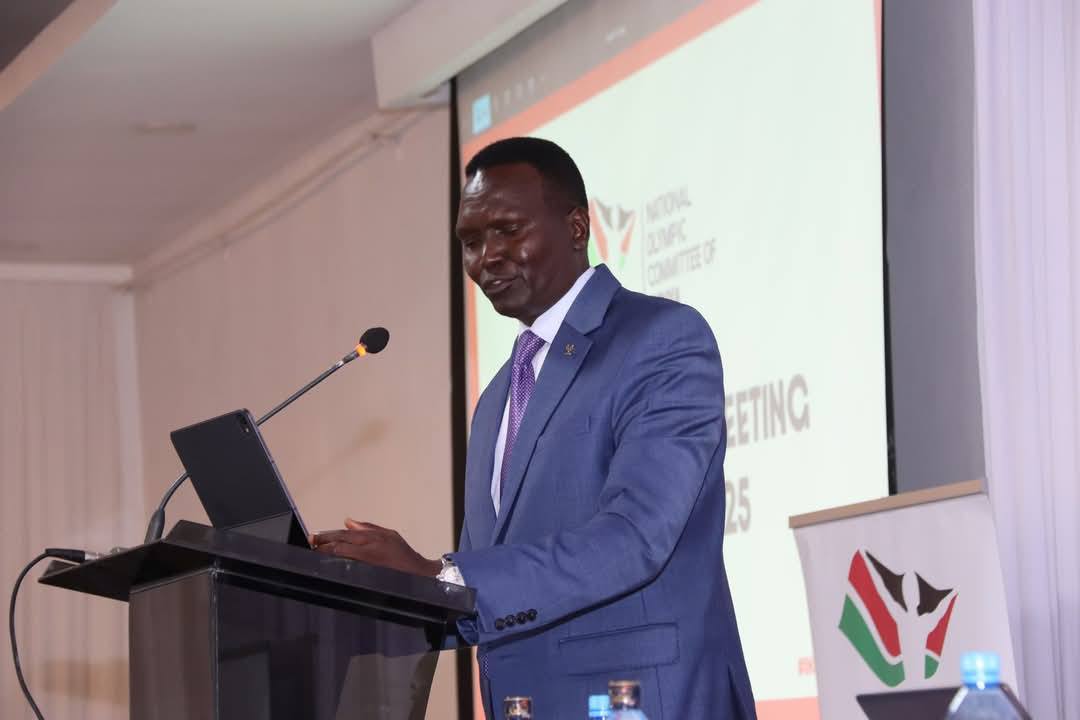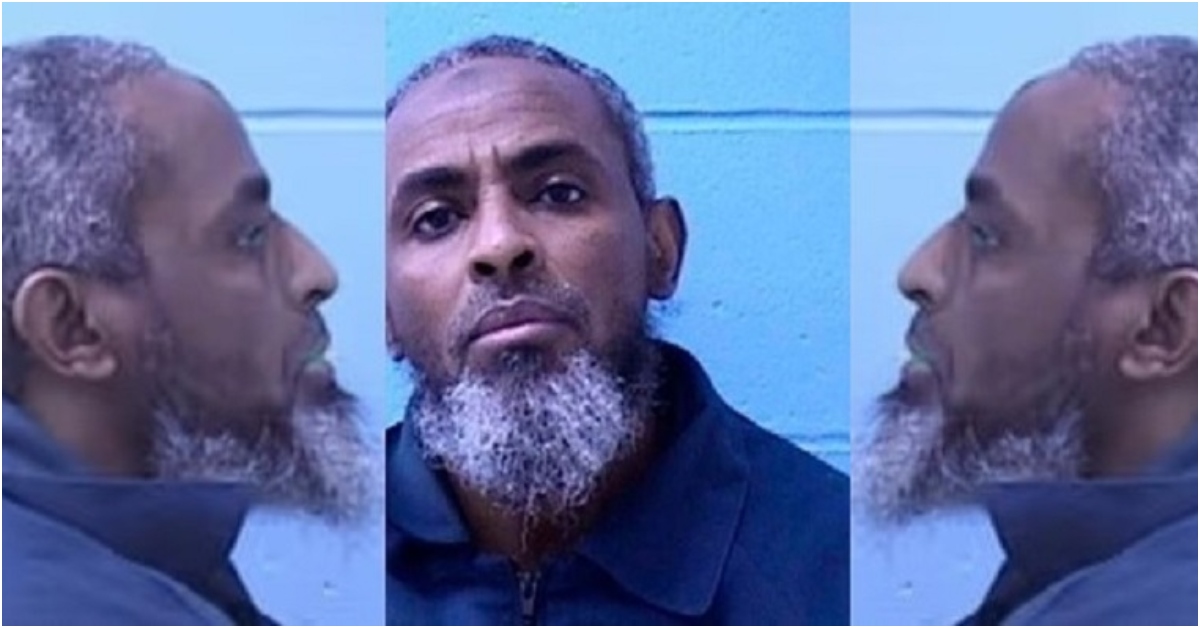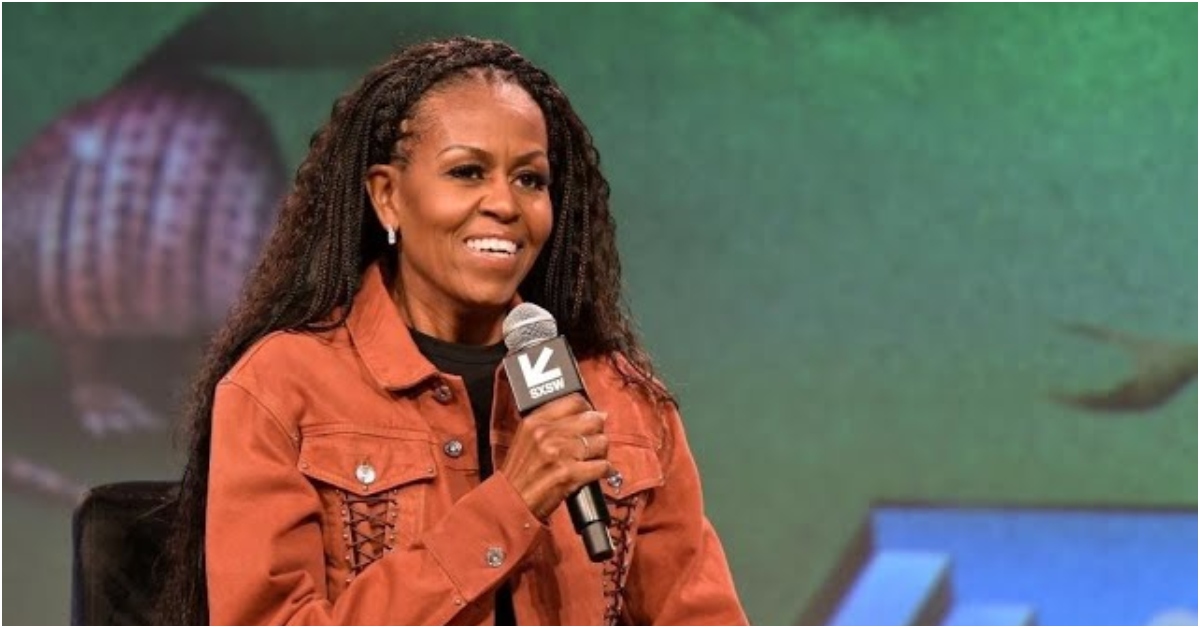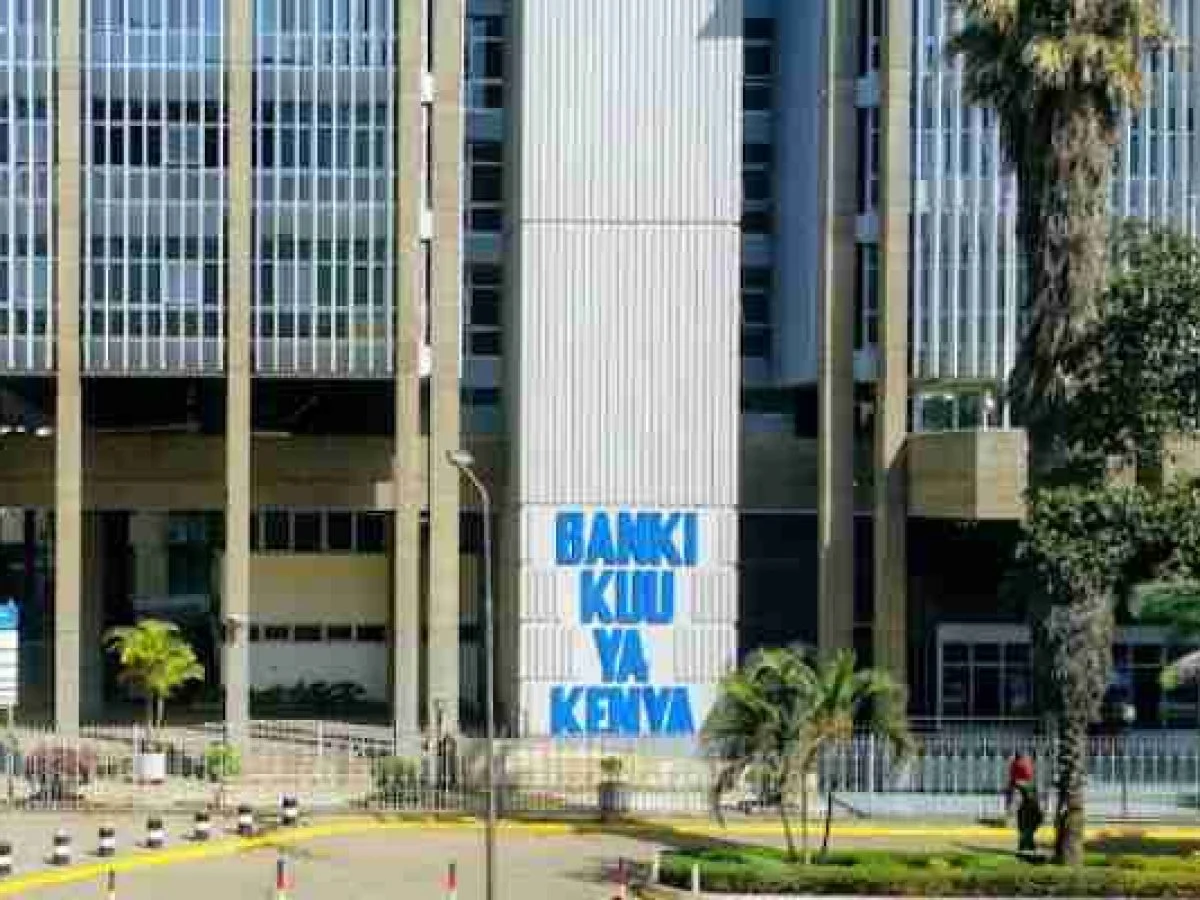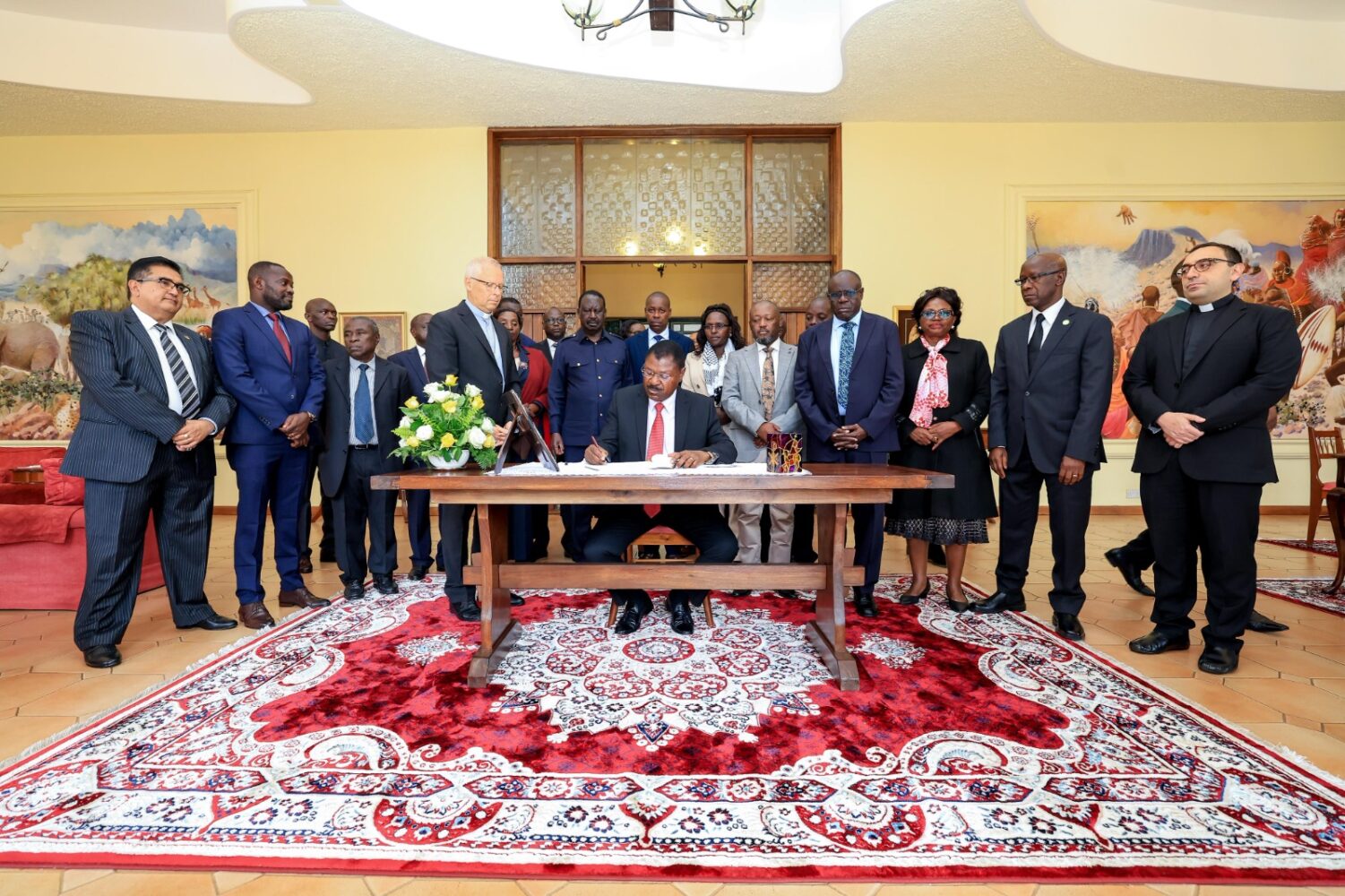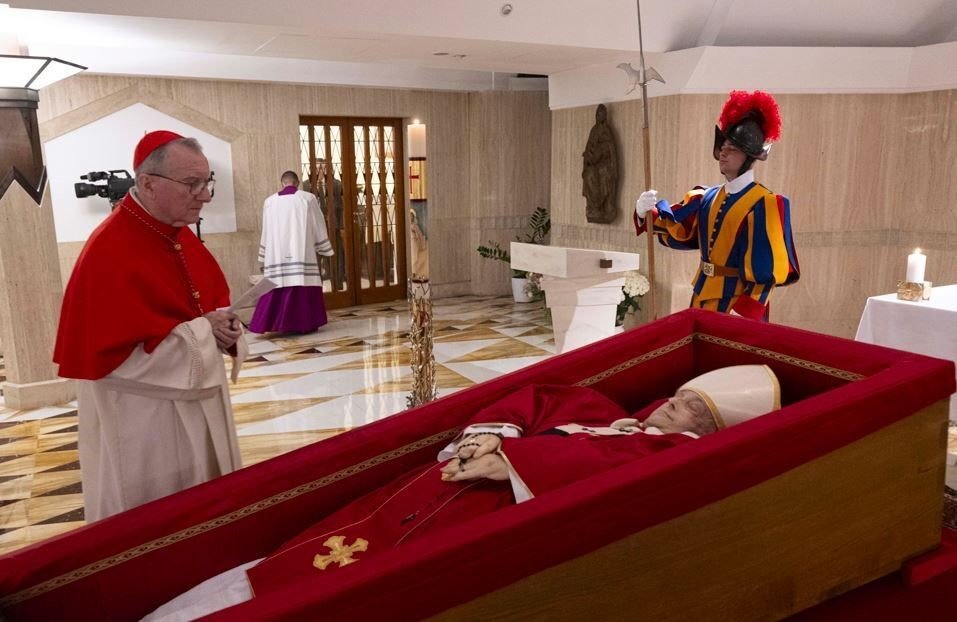Twelve Catholic priests detained in Nicaragua have been released and sent to Rome after the government of Daniel Ortega struck a deal with the Vatican, government officials said Wednesday.
The group of clerics, who have been critical of Ortega’s leadership, did not include Bishop Rolando Alvarez, who for a second time chose prison over exile.
President Ortega, a longtime nemesis of the United States, has in recent years clashed with the Catholic Church after Pope Francis referred to his government as a dictatorship.
A government note on Wednesday said “an agreement was reached” with the Holy See “for the movement to the Vatican of the 12 priests who, for different reasons, were prosecuted and who traveled to Rome, Italy, this afternoon.”

It did not detail the charges the priests faced, nor did it clarify how many were imprisoned or under house arrest.
Opposition media said the priests were “political prisoners” and were detained for their criticism of the government or for supporting the 2018 protests against Ortega.
About half of Nicaragua’s 6.3 million people are Catholic.
But relations between the Vatican and the government deteriorated during the protests, which lasted for at least three months with roads blocked and clashes between the opposition and government supporters.
More than 300 people died during the unrest, according to the UN.
The government considered the protests an attempted coup promoted by Washington, while the United States, the European Union and other countries, as well as international organizations, accused it of political repression.
The US and the EU maintain sanctions against the Nicaraguan government.
In August the Jesuit-run Central American University in Managua said it was suspending classes and all other activities after the government announced the seizure of all its assets, accusing the school of terrorism.
Alvarez, bishop of Matagalpa, was sentenced in February to 26 years and four months in prison on charges of spreading false news and contempt, among others.
A day before, the bishop — who is Nicaraguan-born but educated in Spain and the Vatican — had refused to go to the United States along with 222 imprisoned opponents expelled from the country.
He was deprived of his Nicaraguan nationality and citizenship in perpetuity, and designated a “traitor to the country.”
Alvarez had been an outspoken critic of what he called restrictions on religious freedom under the Ortega government.
Ortega toppled a right-wing regime supported by Washington in the 1970s during the Cold War.
He was initially seen as more pragmatic after returning to power in 2007 but has since moved to jail dissidents and remove all limits on his power.


